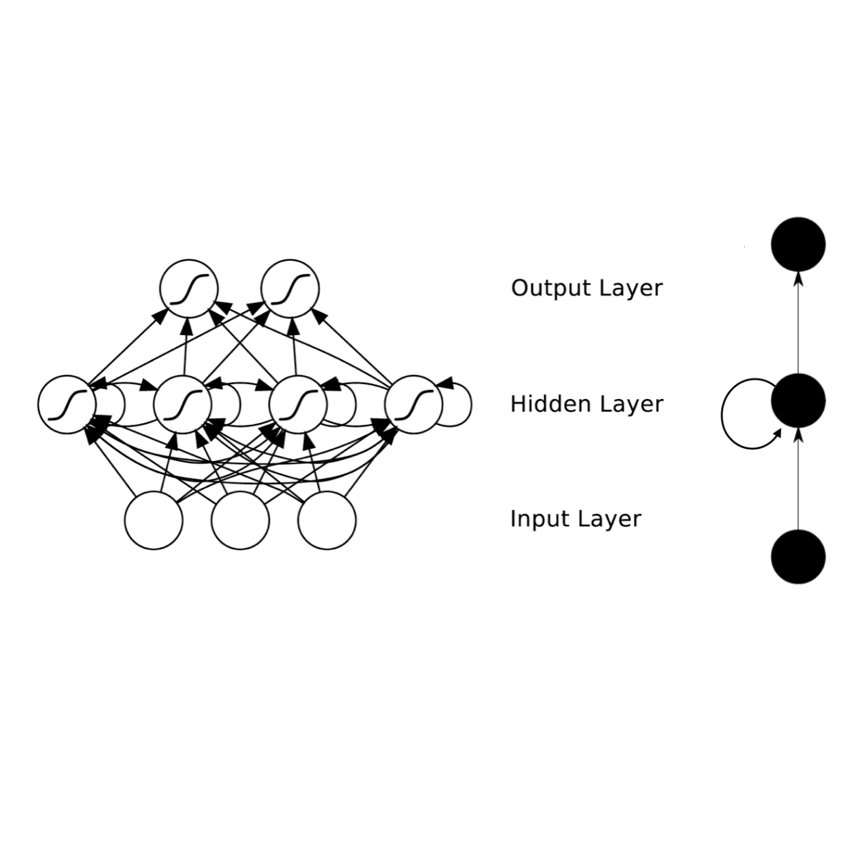Extreme events are occurrences whose magnitude and potential cause extensive damage on people, infrastructure, and the environment. Motivated by the extreme nature of the current global health landscape, which is plagued by the coronavirus pandemic, we seek to better understand and model extreme events. Modeling extreme events is common in practice and plays an important role in time-series prediction applications. Our goal is to (i) compare and investigate the effect of some common extreme events modeling methods to explore which method can be practical in reality and (ii) accelerate the deep learning training process, which commonly uses deep recurrent neural network (RNN), by implementing the asynchronous local Stochastic Gradient Descent (SGD) framework among multiple compute nodes. In order to verify our distributed extreme events modeling, we evaluate our proposed framework on a stock data set S\&P500, with a standard recurrent neural network. Our intuition is to explore the (best) extreme events modeling method which could work well under the distributed deep learning setting. Moreover, by using asynchronous distributed learning, we aim to significantly reduce the communication cost among the compute nodes and central server, which is the main bottleneck of almost all distributed learning frameworks. We implement our proposed work and evaluate its performance on representative data sets, such as S\&P500 stock in $5$-year period. The experimental results validate the correctness of the design principle and show a significant training duration reduction upto $8$x, compared to the baseline single compute node. Our results also show that our proposed work can achieve the same level of test accuracy, compared to the baseline setting.
翻译:极端事件的规模和潜在影响对人、基础设施和环境造成广泛损害。受当前全球卫生景象的极端性质(受科罗纳病毒大流行困扰)的驱使,我们力求更好地了解和模拟极端事件。模拟极端事件在实践中很常见,在时间序列预测应用中起着重要作用。我们的目标是:(一) 比较和调查一些常见极端事件模拟方法的影响,以探索哪些方法在现实中可行;(二) 加速深层学习培训过程,通常使用深层的经常性神经网络(RNNN),在多个计算节点中实施不同步的本地蒸汽源(SGD)框架。为了核实我们分布的极端事件模型,我们用标准的经常性神经网络来评估我们提议的储量数据集S ⁇ P500框架。我们的直觉是探索(最佳)极端事件模拟方法,在分布的深度学习设置下,我们的目标是大幅降低通信成本,在比较的本地精度和中央服务器上,我们提议的精确度(Oright)的精确度(Orent)框架下)的通信成本,我们提议的精确度(Orental)的精确度(Oral)测试框架将显示主要的进度(Srental)的运行数据显示我们的主要测试框架。





